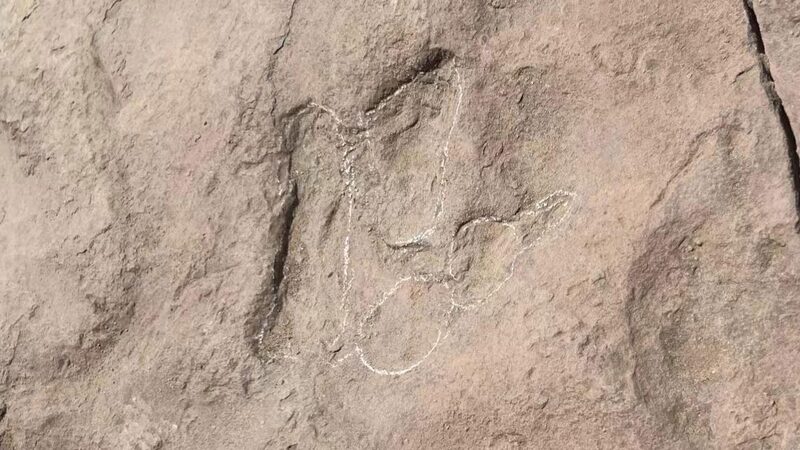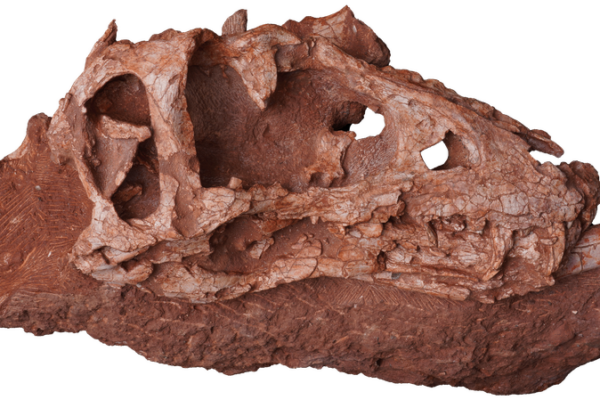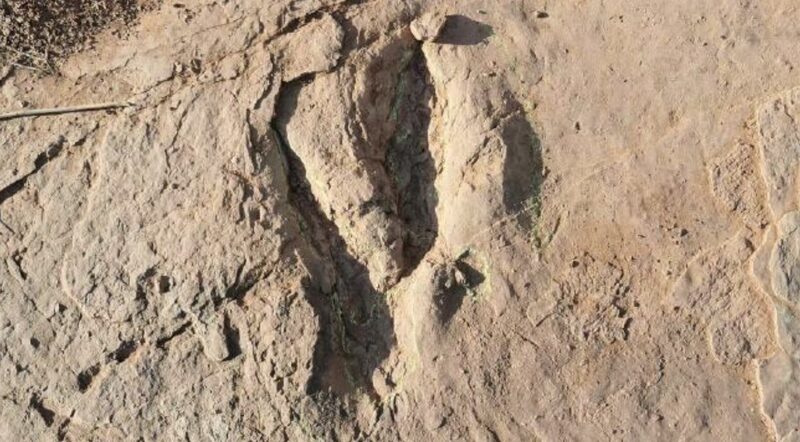
New 150-Million-Year-Old Bird Fossil Sheds Light on Avian Origins
Chinese scientists uncover a 150-million-year-old bird fossil in Fujian Province, revealing new insights into the origins of modern birds.
My Global News: Voices of a New Era
🌍 Stay Ahead, Stay Global 🚀

Chinese scientists uncover a 150-million-year-old bird fossil in Fujian Province, revealing new insights into the origins of modern birds.
Over 200 dinosaur footprints from 166 million years ago discovered in Dewars Farm Quarry, Oxfordshire—the UK’s largest find offering new insights into the Middle Jurassic period.

Scientists use fossilized feces and vomit from Poland to reconstruct how dinosaurs dominated Earth millions of years ago. The study reveals their adaptable diets and resilience to climate changes.

First dinosaur fossils discovered in Hong Kong’s Port Island, dating to the Cretaceous period, highlight new collaboration with mainland China’s IVPP.

Beijing’s “Dinosaurs Unearthed” exhibition showcases China’s leading paleontological research with over 500 fossils, including 300 rare specimens and new species.

Explore the latest breakthroughs in lunar water extraction, universal flu vaccines, dinosaur migration routes, and the origins of life on Earth.

Five tiny Cretaceous dinosaur footprints, some of the smallest ever found, have been unearthed in Gansu’s Linxia Global Geopark, offering new insights into dinosaur diversity and evolution.

Chinese scientists have uncovered a new deep-snouted tyrannosaur species, Asiatyrannus xui, from the Late Cretaceous period.
A University of Adelaide study uncovers how human hunting led to the woolly rhinoceros’ extinction by blocking access to favorable habitats during the last ice age.

Scientists have discovered the world’s largest deinonychosaur tracks in China’s Fujian Province, unveiling a new dinosaur species and enriching our understanding of prehistoric ecosystems.